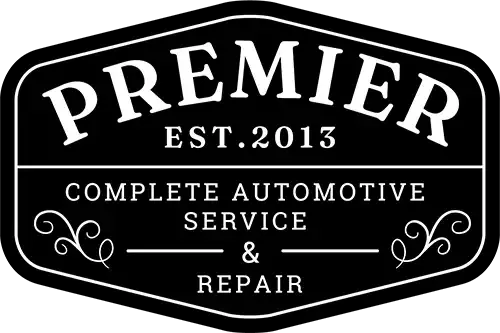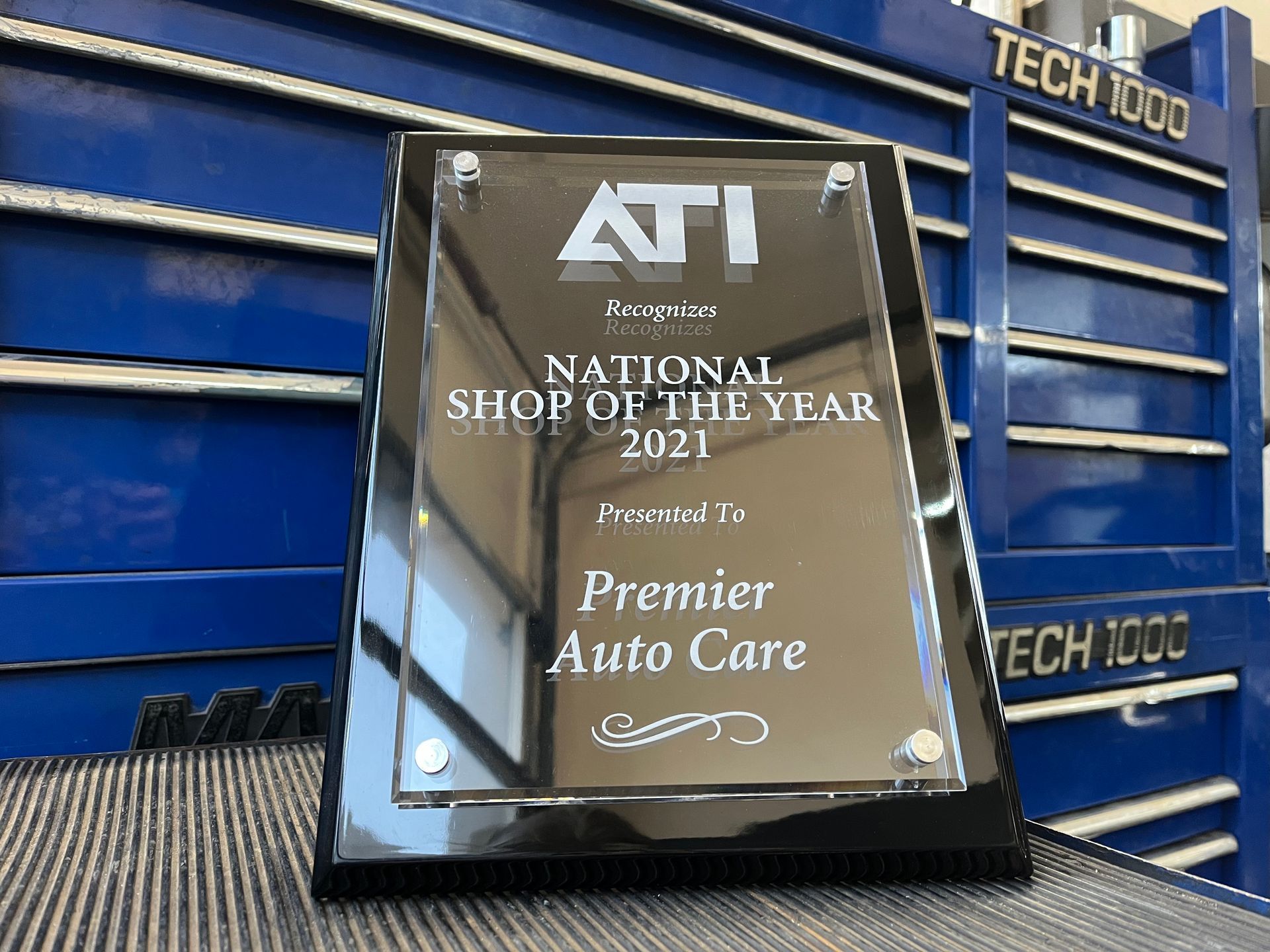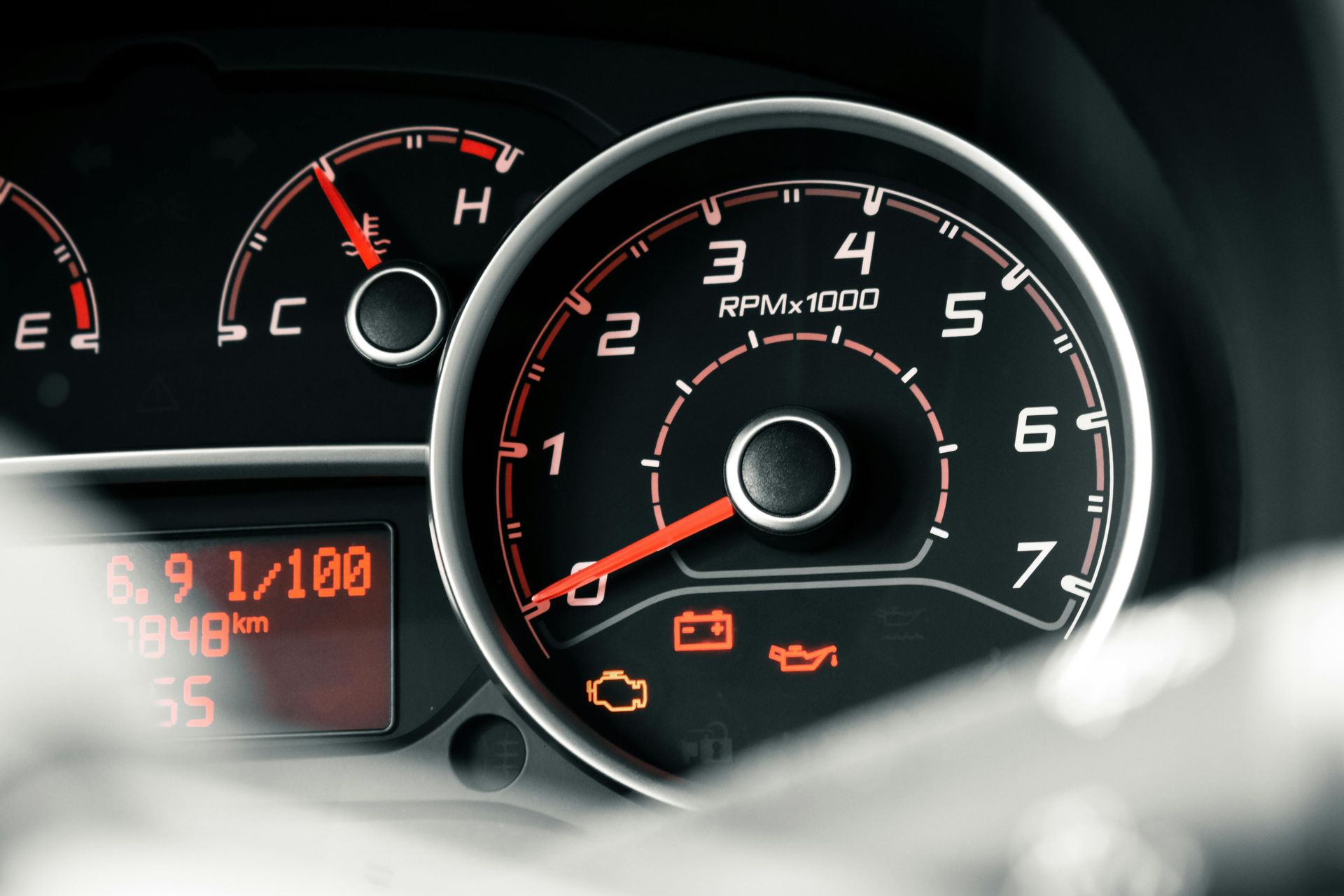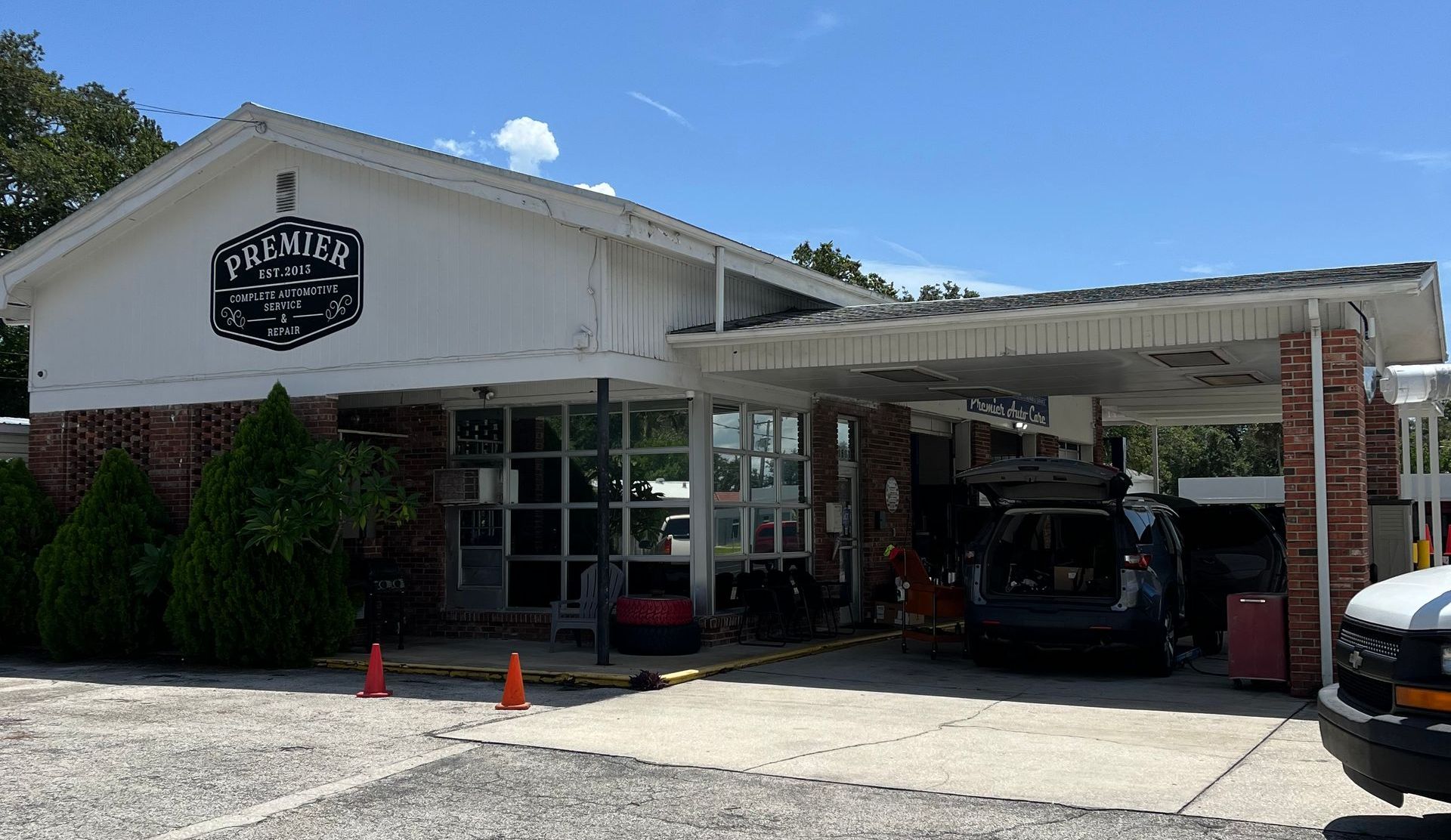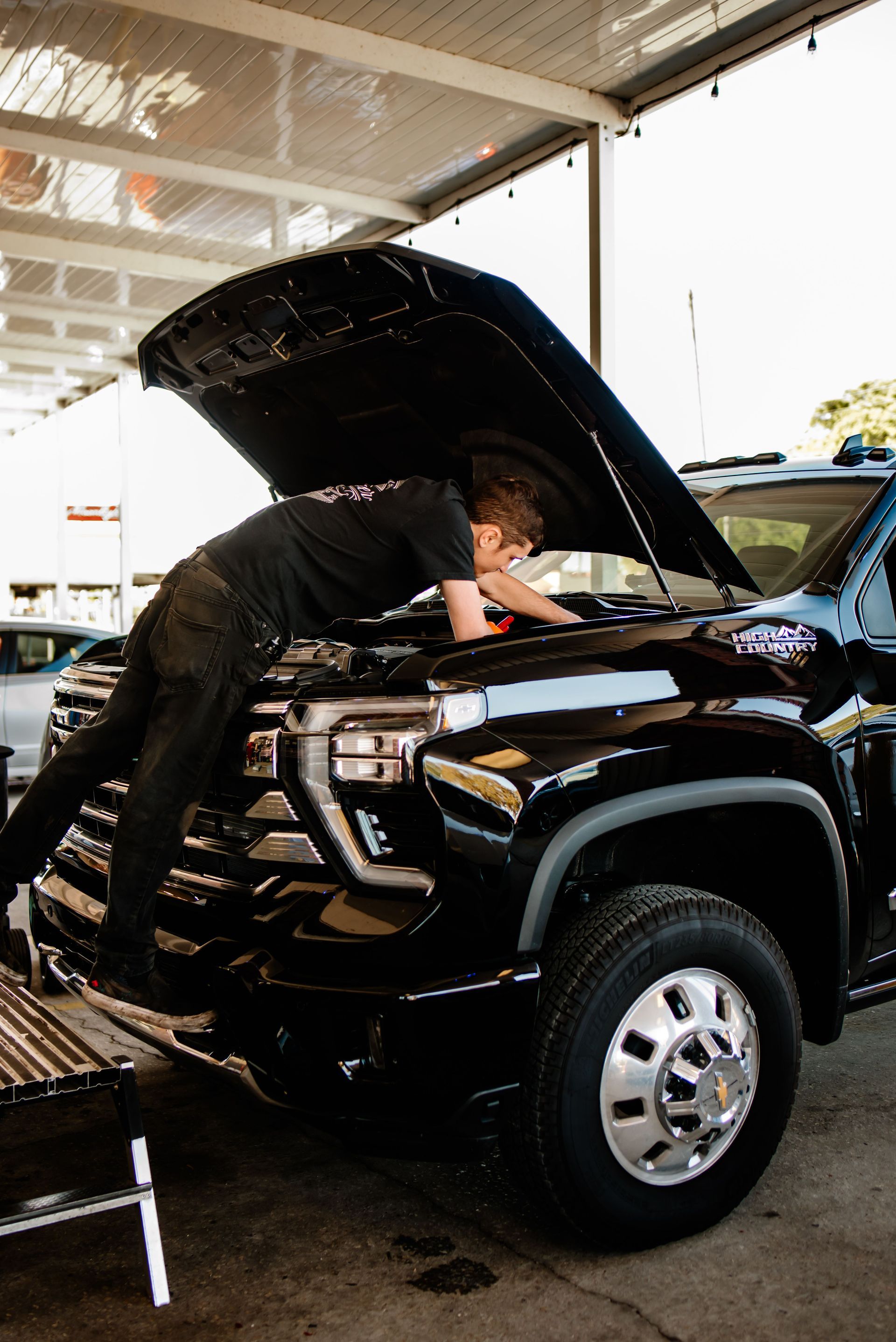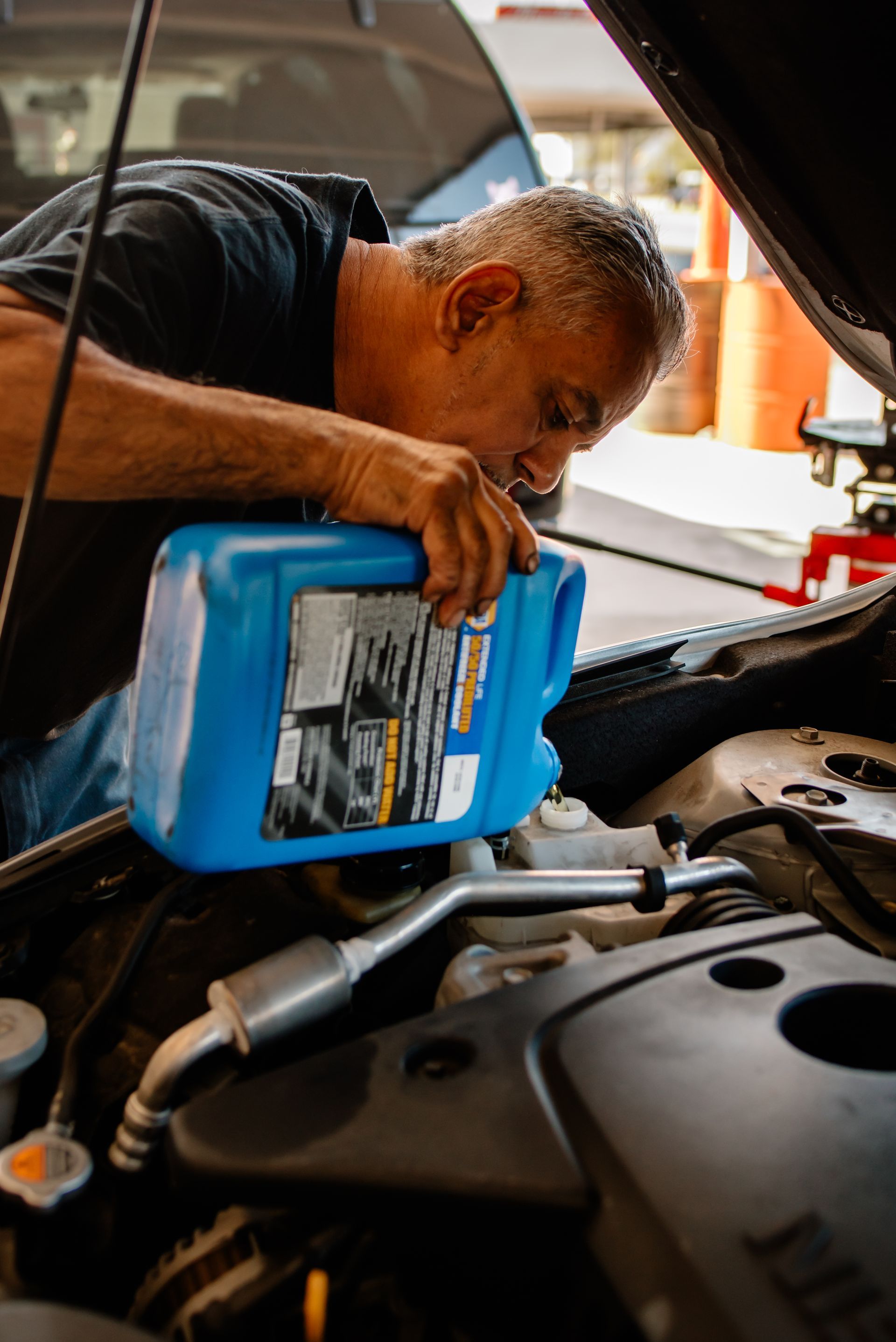BLOG
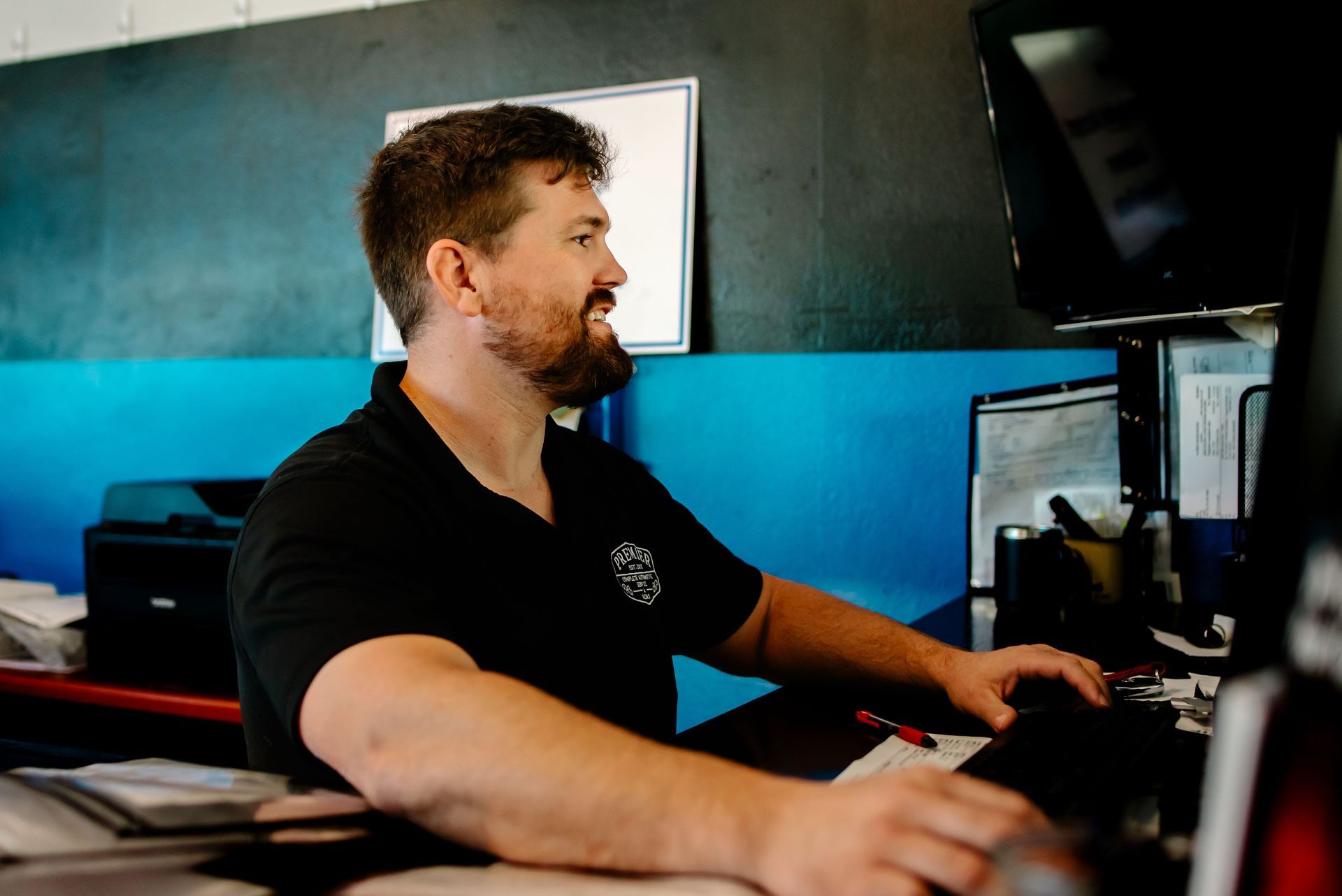
August 1, 2024
Maintaining your car doesn’t always require a trip to the mechanic. With a bit of knowledge and the right tools, many basic maintenance tasks can be performed at home, saving you time and money. Whether you're a novice or looking to expand your DIY skills, here are five essential car maintenance tasks that beginners can tackle with confidence. 1. Checking and Changing the Oil One of the most important tasks in car maintenance is checking and changing the engine oil. Regular oil changes help keep your engine running smoothly and extend its lifespan. Here’s how you can do it: Locate the Oil Dipstick: Consult your owner's manual to find the oil dipstick, typically with a brightly colored handle. Check the Oil Level: Pull out the dipstick, wipe it clean, reinsert it fully, and then pull it out again to check the oil level. Changing the Oil: Use a jack to raise your car, locate the oil drain plug under the engine, place a container beneath it, and unscrew the plug to drain the oil. Replace the oil filter, refill with fresh oil of the recommended grade, and check the level using the dipstick. 2. Replacing the Air Filter The air filter prevents dirt and debris from entering your engine, ensuring efficient performance. It’s a relatively simple task that can be done in a few minutes: Locate the Air Filter Housing: Refer to your owner’s manual to find the air filter housing under the hood. Remove the Old Filter: Unclip or unscrew the housing cover, take out the old air filter, and inspect it for dirt and damage. Install the New Filter: Insert the new air filter according to the housing’s orientation and secure the cover back in place. 3. Inspecting and Rotating Tires Regularly checking your tires’ condition and rotating them helps promote even wear and extends their lifespan. Here’s how to do it: Check Tire Pressure: Use a tire pressure gauge to ensure each tire is inflated to the recommended PSI. Inspect Tread Depth: Use a tread depth gauge or the penny test to check if the tread depth meets safety standards. Rotate Tires: Lift each corner of the vehicle using a jack, remove the wheels, and rotate them according to the recommended pattern (front to back and vice versa). 4. Replacing Wiper Blades Clear visibility is crucial for safe driving, especially during adverse weather conditions. Replacing worn-out wiper blades is a straightforward task: Lift the Wiper Arms: Lift the wiper arms away from the windshield and locate the release mechanism on the wiper blade. Remove the Old Blades: Press the release and slide the old wiper blade off the arm. Install New Blades: Slide the new wiper blades onto the wiper arms until they click into place. 5. Checking and Topping Up Fluids Various fluids like coolant, brake fluid, and windshield washer fluid are essential for your car’s operation and safety. Checking and topping them up regularly is crucial: Locate Reservoirs: Identify the reservoirs for different fluids under the hood. Check Levels: Use dipsticks or sight gauges to check fluid levels. Top up as needed with the appropriate type of fluid recommended by your vehicle’s manufacturer. Conclusion By mastering these five basic DIY car maintenance tasks, even beginners can enhance their automotive knowledge and save on maintenance costs. Remember, always refer to your owner’s manual for specific instructions and safety precautions before performing any maintenance on your vehicle. With practice, you’ll gain confidence in handling more complex tasks, ensuring your car stays in top condition while saving trips to the mechanic. Happy DIY-ing! No interest in peaking under the hood? For expert assistance with more complex car issues or to schedule professional maintenance, visit Premier Auto Care in Titusville, Florida 32780. Your number one trusted auto repair in Titusville FL.
SUNDAY: CLOSED
MONDAY: 07:30 AM - 05:00 PM
TUESDAY: 07:30 AM - 05:00 PM
WEDNESDAY: 07:30 AM - 05:00 PM
THURSDAY: 07:30 AM - 05:00 PM
FRIDAY: 07:30 AM - 05:00 PM
SATURDAY: CLOSED
321-567-4890
Serving Cocoa Beach, East Orlando, Edgewater, Merritt Island, and beyond
